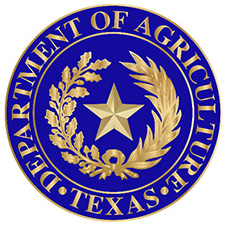At listening session, calls for greater farm bill funding and a stronger SNAP
Congress needs to modernize the crop insurance program and update farm subsidies to reflect higher input costs and volatile commodity markets when it writes the new farm bill, said the leader of the largest U.S. farm group at a listening session in Texas on Wednesday. An anti-hunger leader asked lawmakers to “keep the importance of access to SNAP and the adequacy of those benefits top of mind throughout farm bill discussions.”
Tight wheat supplies will keep prices volatile
The commonly used estimates of global wheat stocks are imperfect — some countries don’t publish data at all — but they indicate supplies, disrupted by the war in Ukraine, are the tightest since the food price crisis of 2007/08, said a blog by the IFPRI think tank.
TODAY’S QUICK HITS
Rail merger gets go-ahead: The U.S. Surface Transportation Board approved the $31 billion takeover of the Kansas City Southern Railway by the Canadian Pacific Railway in a deal that creates the first single-line rail network linking Canada, the United States, and Mexico. (Associated Press)
Homeless in rural America: From 2020-22, homelessness rose by less than half a percent nationwide but by nearly 6 percent in rural areas, with the high cost of housing as a primary factor. (Daily Yonder)
‘Lunch box tax cut’: The Minnesota Senate passed, on a bipartisan 38-26 roll call, a bill to offer free school breakfast and lunch to all students. The House is on record in support of the bill, and Gov. Tim Walz is expected to sign it. (CBS News)
Adapting to less water: Eight states, from Texas to Washington, have enacted legislation since 2019 to help agriculture adapt to drought and reduced water supplies by encouraging more efficient irrigation practices, improvements to soil health, and increased technical assistance. (NCSL)
EWG updates ‘dirty dozen’: Blueberries and green beans are new members of the “dirty dozen,” the fruits and vegetables that, according to federal testing, have the highest levels of pesticide residues. (Environmental Working Group)











